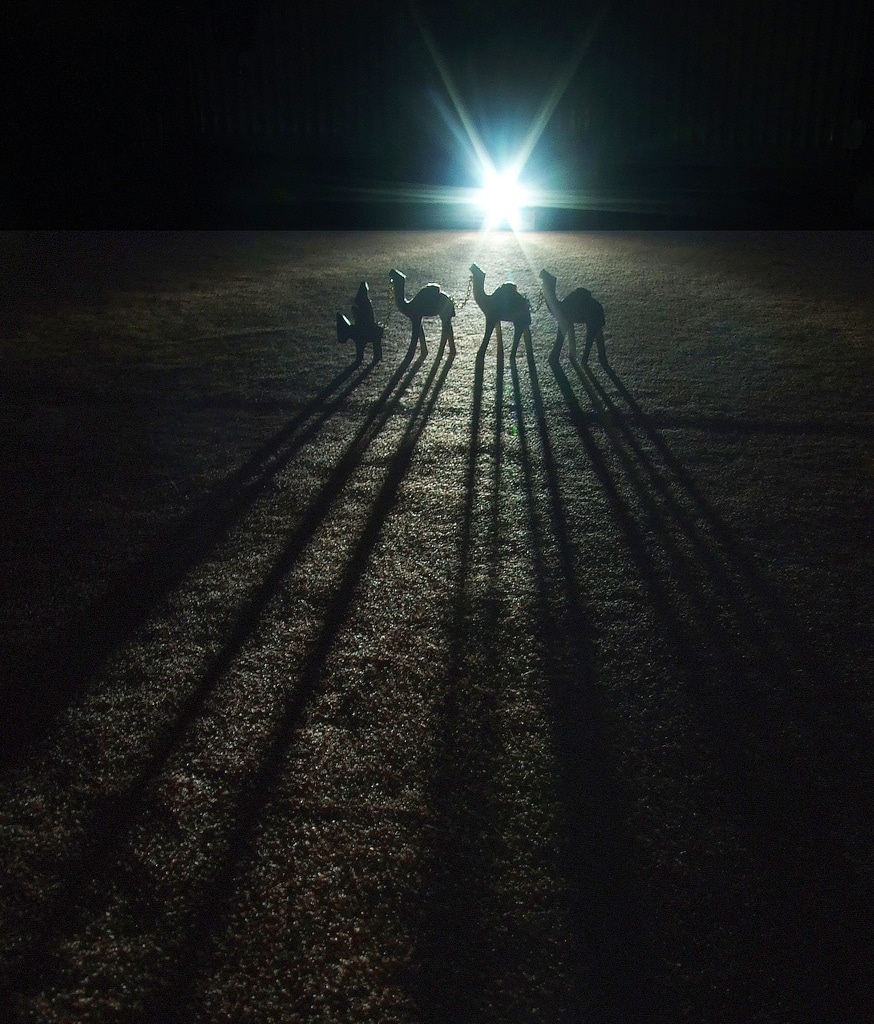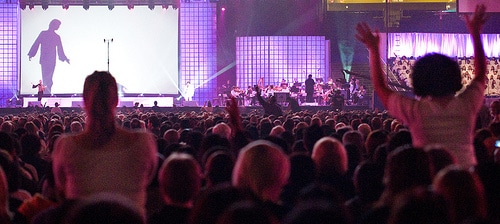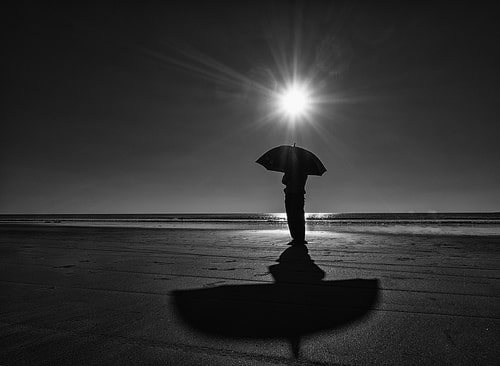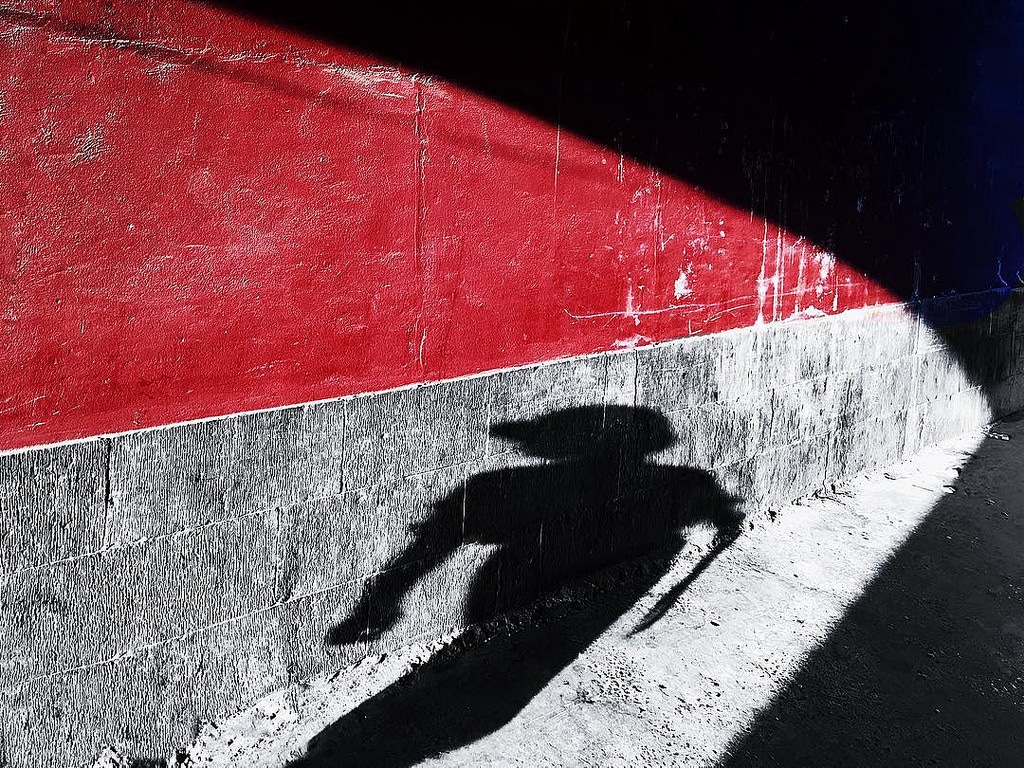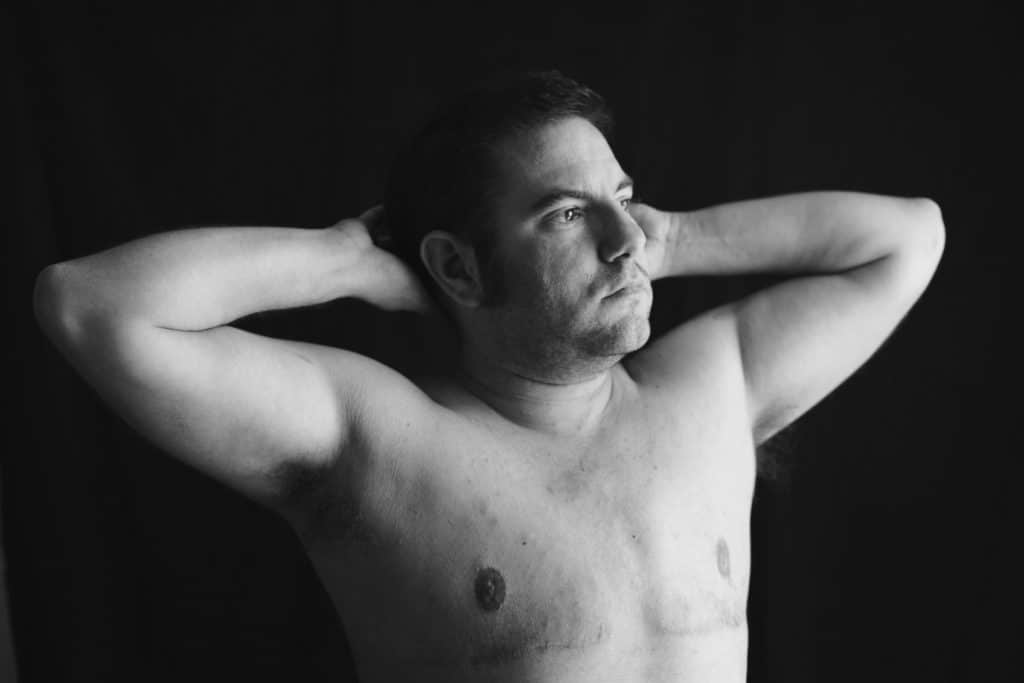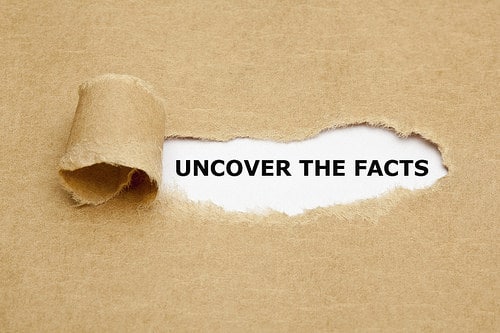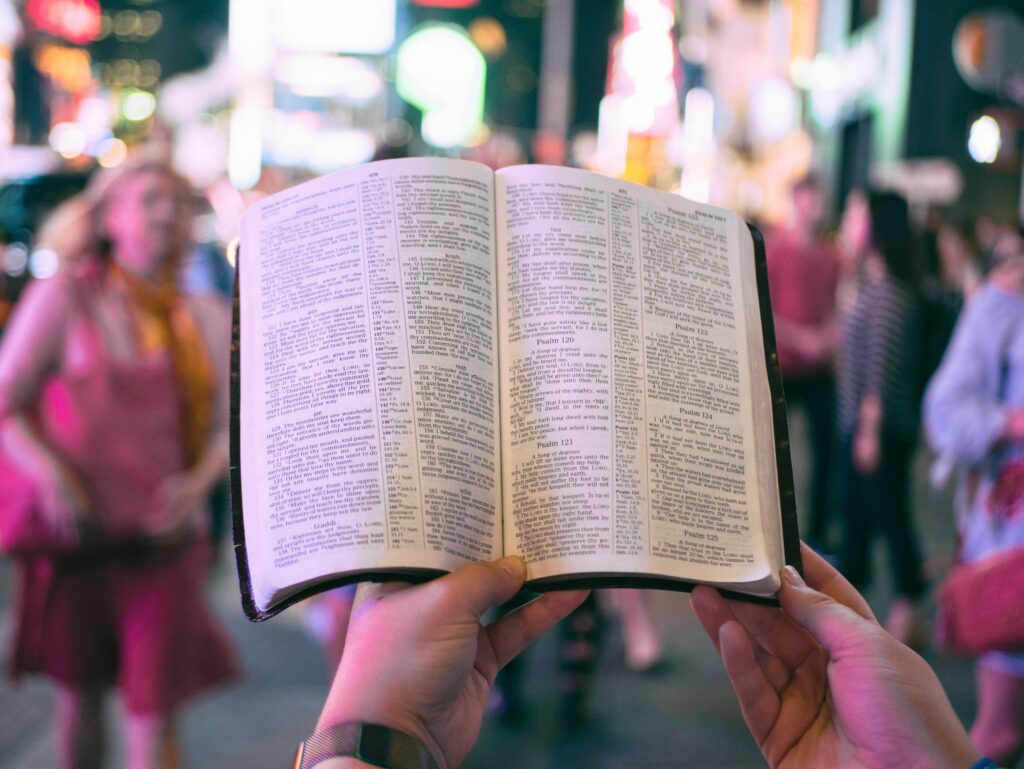
You Can Read Yourself Into The Bible
When I first started to think about bringing my whole self to the Biblical text; my whole queer and trans self, I didn’t know where to start. I had read a lot of books about “What the Bible said” about homosexuality and trans identity and it seemed like in each book there was a slim chapter, at the very end, where they talked about how some folks had seen gay people in the Bible.
Inevitably I would read that slim chapter about gay Ruth and Naomi, gay David and Jonathan, gay Jesus. And think “meh”. It didn’t resonate. I didn’t feel seen. I didn’t feel comforted.
On the one hand it seemed I had to use the Bible to defend my identity with existing texts. Reading marshes into Genesis as a proof that existing between binaries was possible, or endless prooftexting around the “clobber passages”.
On the other hand, reading the Bible from a gay perspective meant jamming my identity into the existing texts. It felt like square pegs into round holes. It felt awkward and unwieldy. But I already felt awkward and unwieldy when I read the Bible and I wanted to feel better.
I wanted something better. I knew there had to be a better way to read and engage with the text that allowed me to bring all of myself to it.
What about you? What’s your relationship with the Bible? Are you using it to defend yourself? Do you see yourself reflected in the texts or does it all feel written about people you can’t relate to?
But more importantly…
How do you want to feel when you approach the text? Pause for just a moment and actually write down your answers before you continue reading.
There is a better way to queer the Bible. A way that is both faithful to the text and that has space for all of the nuances and gradients of your entire life and identity. A way to queer that text that encompasses your family history, your body, your sexuality, and all of your various identities (race, ability, neurodivergence, all of you).
It starts with naming the events and experiences that have made you, you. For me it means talking about my transition, about my surgery scars, about growing up and coming out in the evangelical church.
And then, with all of these stories from your life, you approach Scripture and see what connects. It’s not about making something fit, it’s about seeing what’s already there. When I think about my scars and read the story of Jesus post-resurrection, suddenly I notice that he has scars too. And I begin to wonder what my scars and Jesus’s scars might have to say to each other. Or maybe when thinking about my transition and running into someone that I knew who, for the first time, didn’t recognize me it makes me curious about Jesus and Mary’s encounter in the garden where she mistakes him for the gardener.
As we wonder we ask questions and allow those questions to deepen how we read the text. We pay attention to what’s already there and notice details we didn’t see before. It’s faithful interpretation. It’s holy work.
What would it look and feel like for you to do this work? How would your relationship to the Bible change? How might your faith change? You can bring all of yourself to the text. You can relate the text to your whole life and find new connections and meanings in both. It’s powerful, life-giving, and soul enriching work.
You can start now by paying attention to what comes up as you read, paying attention to connections between your story and the stories in Scriptures. You can do it on your own without any other tools. Just start wherever you are.
But we can also do this work together. In Queering The Bible we walk through a whole system of mining your own life for stories that hold meaning and then connecting them to the Biblical text. The course is not only exercises and methods, it’s also sharing your story with the community and hearing their stories as well and allowing the intermingling of stories to make even more connections.
There is something powerful when we do this vulnerable and truth telling work together. It changed my life and it can change yours, too. Whether you do it alone or with this group, make sure you do it. Your life and your faith will never be the same.

